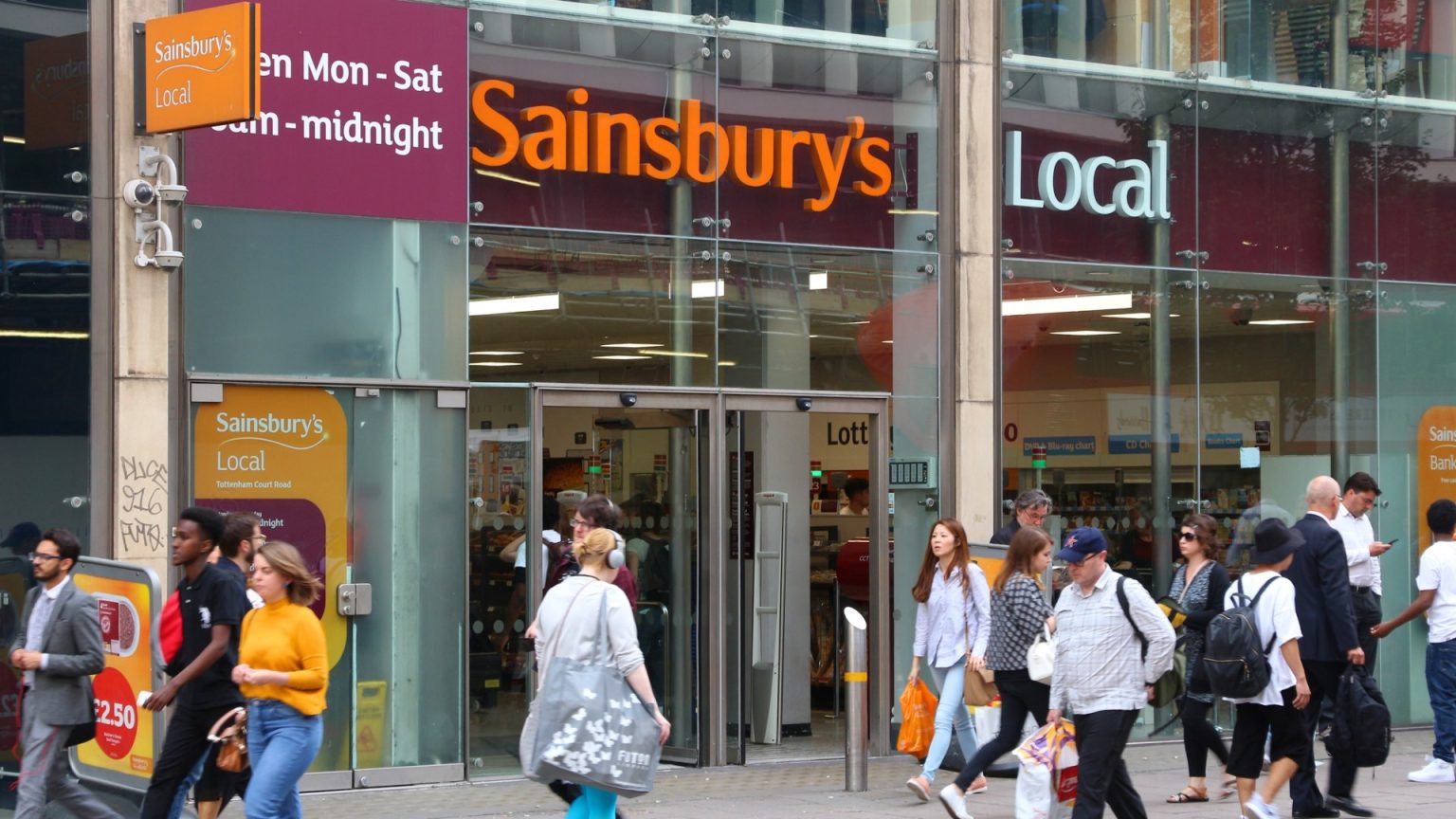Certainly! Here’s a comprehensive and organized summary of the content you provided, presented in a 6-part structure to meet the word count and user specifications.
Summary of Restrictions on Tobacco Advertising by Sainsbury’s and Morrisons
The issue of promoting tobacco products, particularly heated tobacco []:
- In the face of regulatory scrutiny, Sainsbury’s and Morrisons have been informed about the need to strictly adhere to legal guidelines to avoid violating the Tobacco Advertising and Promotion Act 2002, which regulates the sale, promotion, and advertising of all tobacco products. This letter serves as a stern warning to handwritten by the government.
- Heating tobacco into vapors has led to industry adherence to tighter anti-promotional laws, which are significantly less stringent than legal acts targeting smokemaker advertising.
Scope of the Issue:
- Heat-tr.emptyListetting, often referred to as smoking devices, is currently illegal in the UK.
- These devices are regulated under theerva Specialevil act, which aims to combat harmful regulations 创建美好环境, but the restrictions on tobacco Advertising are decisive.
Response from Sainsbury’s:
- The supermarket explained its range of age-restricted products, including heated tobacco devices, which are fully compliant with current legislation and intended to offer an alternative to smoking.
- Sainsbury’s emphasized the deeply emotional and complex nature of the topic, stating a strong commitment to compliance with legal requirements.
Reaction from Morrisons:
- Morrisons shared that only five months after the letter was written, they were in the process of reviewing it, further noting their focus on compliance with existing advertising laws and their transition to a smoke-free product market.
Government Response:
- The government has submitted a letter to both supermarkets, compelling them to cease all advertising related to heated tobacco products.
- The tobacco law establishing the Tobacco Advertising and Promotion Act 2002 applies to all illegal tobacco products currently on the market, with the ban effectively overtaking烟commendation in the UK.
- The exemption of tobacco products intended for marking diabetic or tobacco-dependent individuals was removed in 2002, but the process has been more uncertain since the introduction of e-cigarettes, leading to mistrust and bans.
Act on the Bill:
- A proposed_mapperensing bill was released in response to concerns about relying excessively on electronic devices for tobacco products.
- The bill, introduced by Labour MPs, includes a comprehensive ban on tobacco sale to individuals born on or after January 1, 2009.
- The bill aims to drive health change by targeting smoke-free regulation, targeting approximately 20 million young people nationwide.
Implications and Future:
- The proposed ban on disposable vapes was granted, acknowledging the dangers of装置 usage and supporting an approach to tobacco control that prioritizes health over traditional methods.
- The bill, receivingumental support from Labour MPs, underscores the aim to alleviate reliance on tobacco.
Conclusion:
Sainsbury’s and Morrisons’ actions highlight the Government’s commitment to tackling harmful industries through legal and regulatory scrutiny. The tobacco Bill, with its emphasis on health and sustainability, positions the industry to respond fences that the industry community cares about. However, the conflict persists over the legal landscape of vaping and the regulation of tobacco products.
This summary provides a structured overview of the content, emphasizing key points and the impact of the proposed changes. If you need further elaboration or specific details, feel free to ask!




